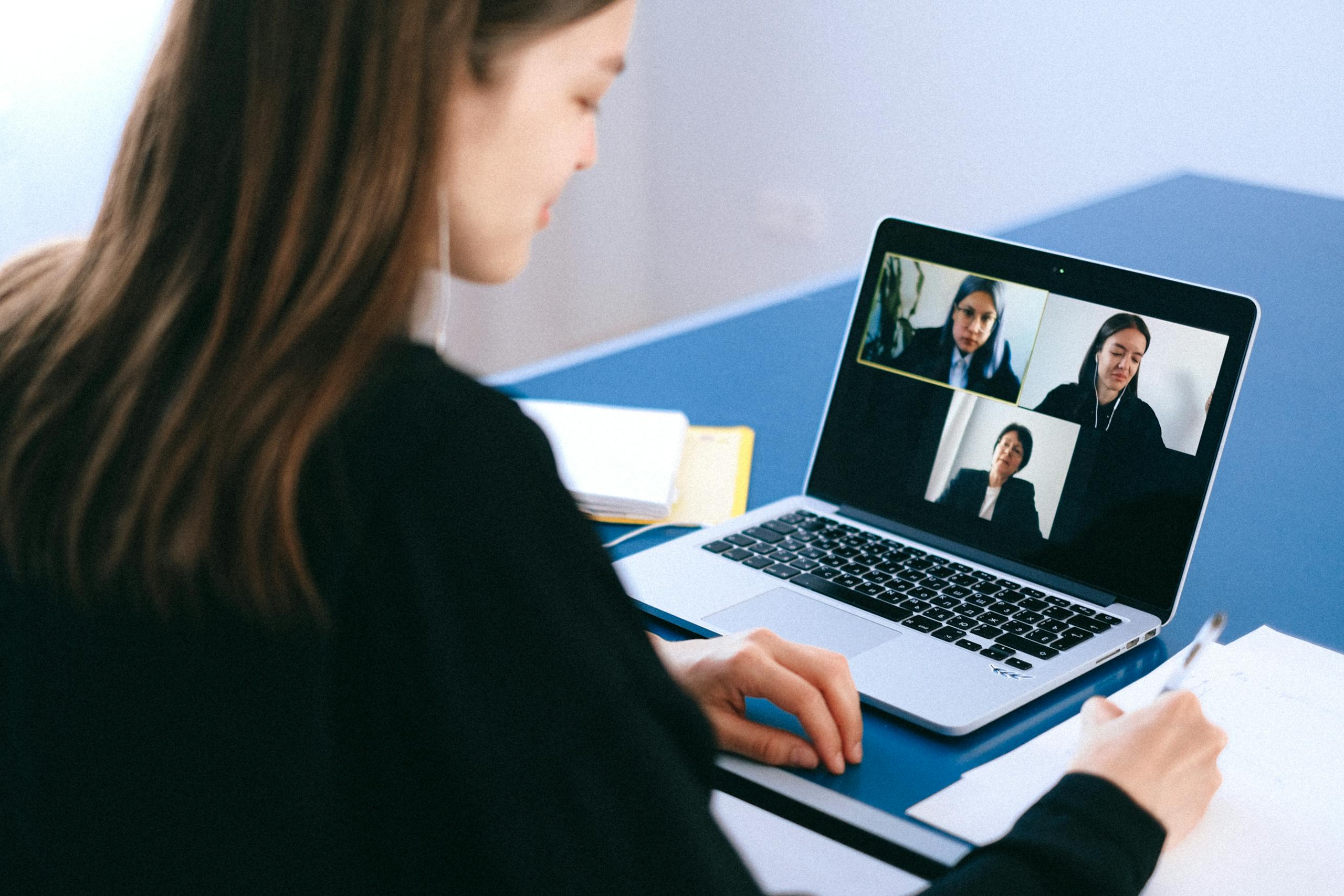Learner Experiences
Posts in this section explore learners’ experiences of digital accessibility and inaccessibility. You will encounter visceral, emotional, and learning experiences together here because rarely are they experienced separately by learners with disabilities.
These posts include curated and re-contextualized excerpts of student-, educator- and researcher-voice, as well as my own reflections on experiences of digital disablment in post-secondary.
Provocation: Can we envision joyous, dignity- and equity-centred digital ramps, and where might learners take them?
Access, Agency and Equity in Learner Engagement Activities
When we talk about learner engagement issues in post secondary, we can’t overlook the importance of respecting our learners as people.
Awkwardly Able
I am a researcher with disabilities. Sometimes I am a disabled researcher. Sometimes I am an enabled researcher.(4 min)
What I Didn’t Know About Text-to-Speech When I Started Using it in University.
What makes reading with text-to-speech technology a distinctly different reading experience? And how can you support it? (2 min read, 3 min video)
Digitally Inaccessible Readings Take Extra Time and Extra Cognitive Load
Educators assume a learner who needs help finding a book can just ask the library. But getting help isn’t always that straightforward. (3 min read + Unhiding Some of the Extra Work Artifact)
Technology Restrictions and Able Inconveniences
These experiences have been curated to offer diverse glimpses into how learners with disabilities experience inaccessibility in education. (10 min)
Digital Accessibility Research Overwhelm
A poem about nervous system overwhelm, research overwhelm and new beginnings. ( 2min)






